PROTECT YOUR DNA WITH QUANTUM TECHNOLOGY
Orgo-Life the new way to the future Advertising by AdpathwayThe White House has cracked open the door to cheaper coffee. In a Fox interview, President Donald Trump said the United States will “lower some tariffs on coffee,” a small sentence with outsized implications for global supply chains and American consumers.
No timeline was given, but Brazil—by far the largest exporter of arabica beans—would be first in line to benefit. The U.S. drinks roughly 25 million 60-kg bags of coffee a year.
Before this year’s tariff shock, about 7.5–8 million of those bags came from Brazil, whose farms produce 40–45 million bags of arabica in good seasons.
Other origins—Colombia, Honduras, Ethiopia, Indonesia—ship meaningful volumes, but none can match Brazil’s ability to deliver consistent quality at scale.
When Washington imposed a 50% surcharge on a wide range of Brazilian goods, roasters began trimming inventories and testing alternatives. Prices crept higher, blends shifted, and smaller cafés felt the squeeze.
 Trump Signals Coffee Tariff Relief, Putting Brazil Back In The Driver’s Seat. (Photo Internet reproduction)
Trump Signals Coffee Tariff Relief, Putting Brazil Back In The Driver’s Seat. (Photo Internet reproduction)Coffee is the logical place to start unwinding the dispute. The U.S. scarcely grows it—tiny plots in Hawaii and Puerto Rico cover well under 1% of domestic demand—so protecting it does nothing for American farmers while raising costs for households and businesses.
Commerce officials have already floated removing tariffs on goods the U.S. does not produce; coffee sits at the top of that list.
Brazil and the U.S. aim to ease coffee tariffs to stabilize prices
Diplomacy is inching forward. President Luiz Inácio Lula da Silva met Trump in Kuala Lumpur on October 26, opening a channel for technical talks even if immediate relief did not materialize. Brasília’s pitch seeks to carve out coffee, meats, fish, and fruits from the surcharge.
Industry leaders on both sides argue that coffee should move first: three-quarters of Americans drink it, Brazil supplies roughly a third of U.S. imports, and every $1 of coffee imports is estimated to multiply many times through transport, roasting, retail, and hospitality.
If tariffs on coffee are scaled back, U.S. consumers should see steadier prices and broader offerings, while Brazilian exporters regain a high-value market without distortion.
It would be a pragmatic win—de-politicizing a staple that touches cafés on Main Street and trade balances in Brasília—while harder fights over steel and other sensitive goods continue.


 19 hours ago
11
19 hours ago
11









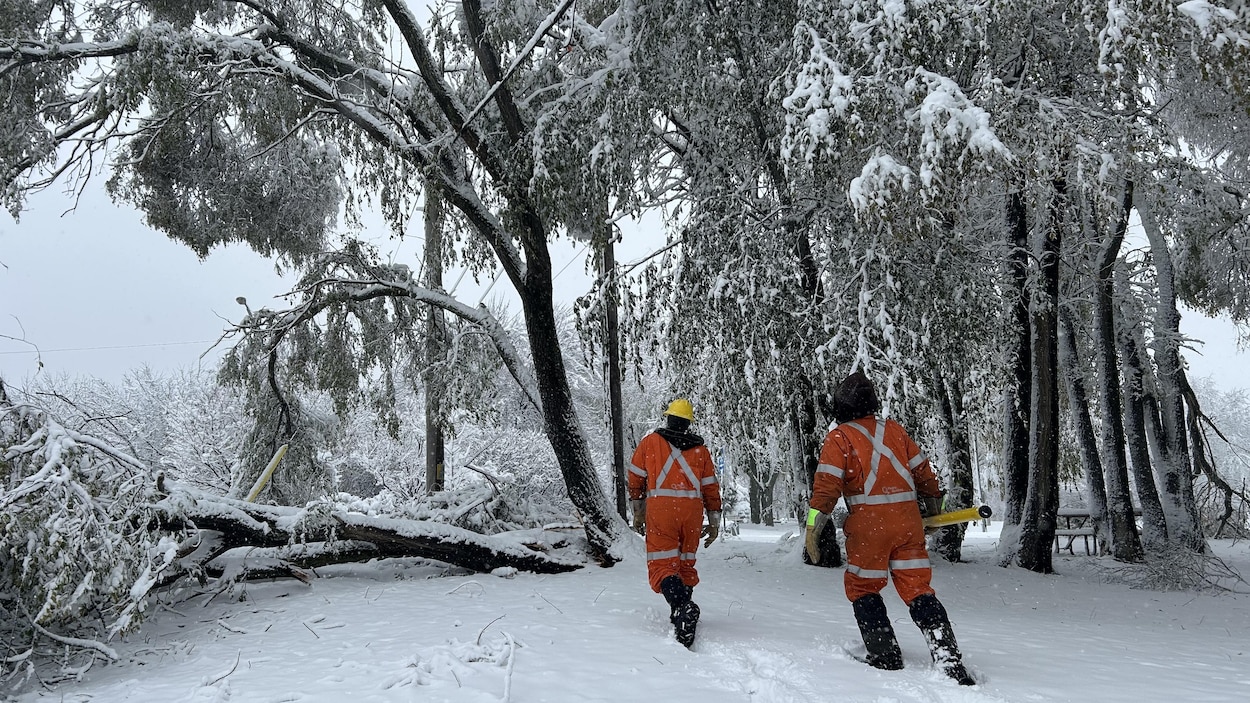
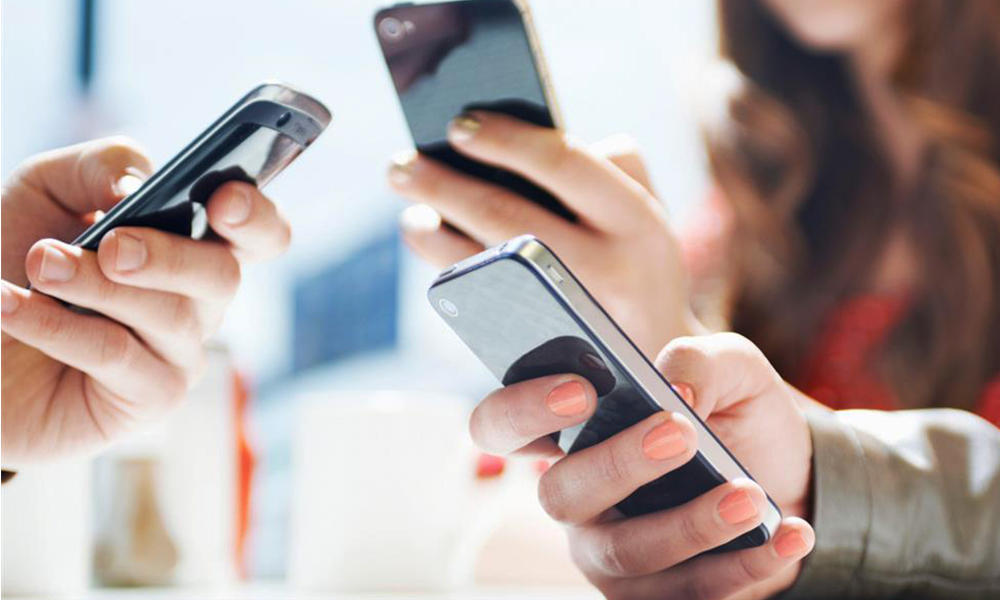




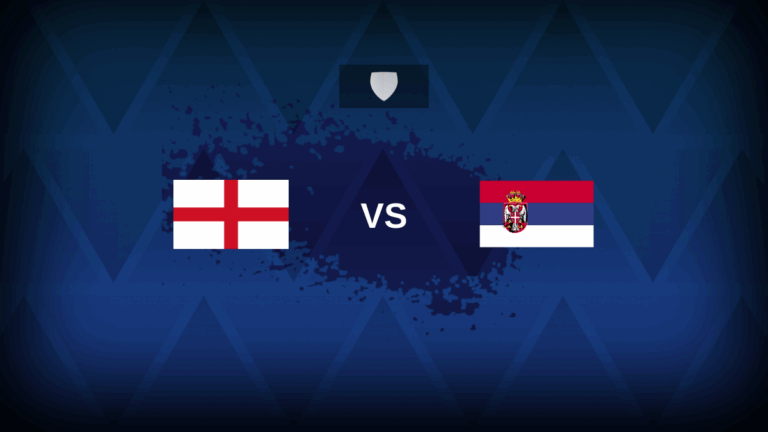



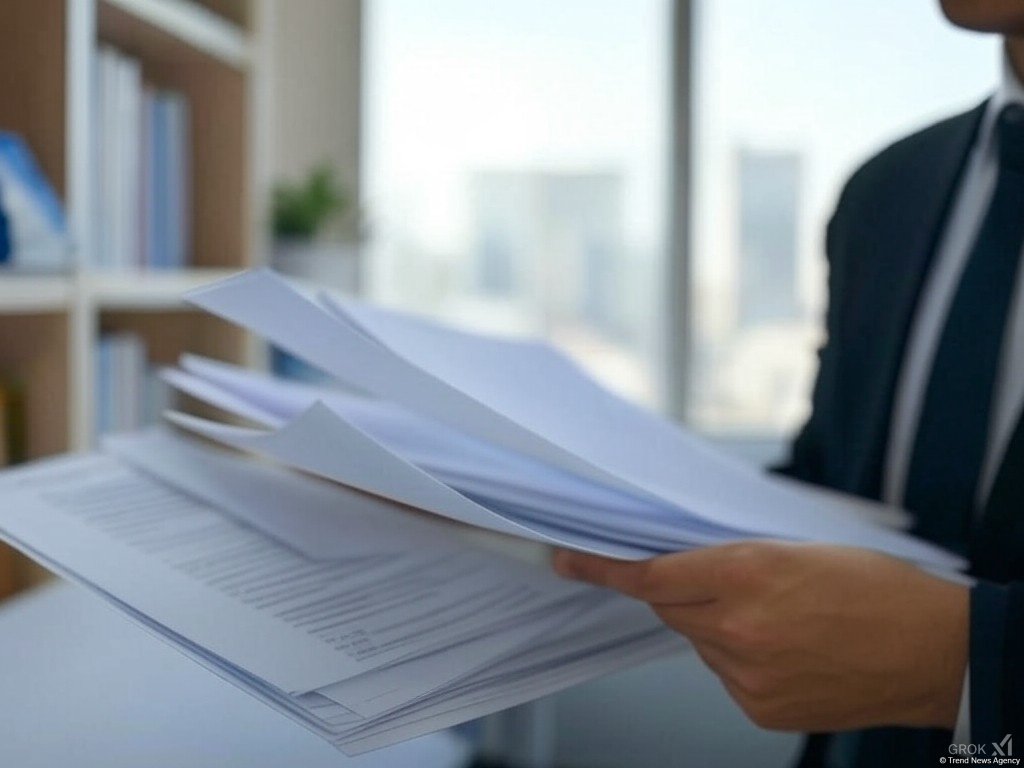
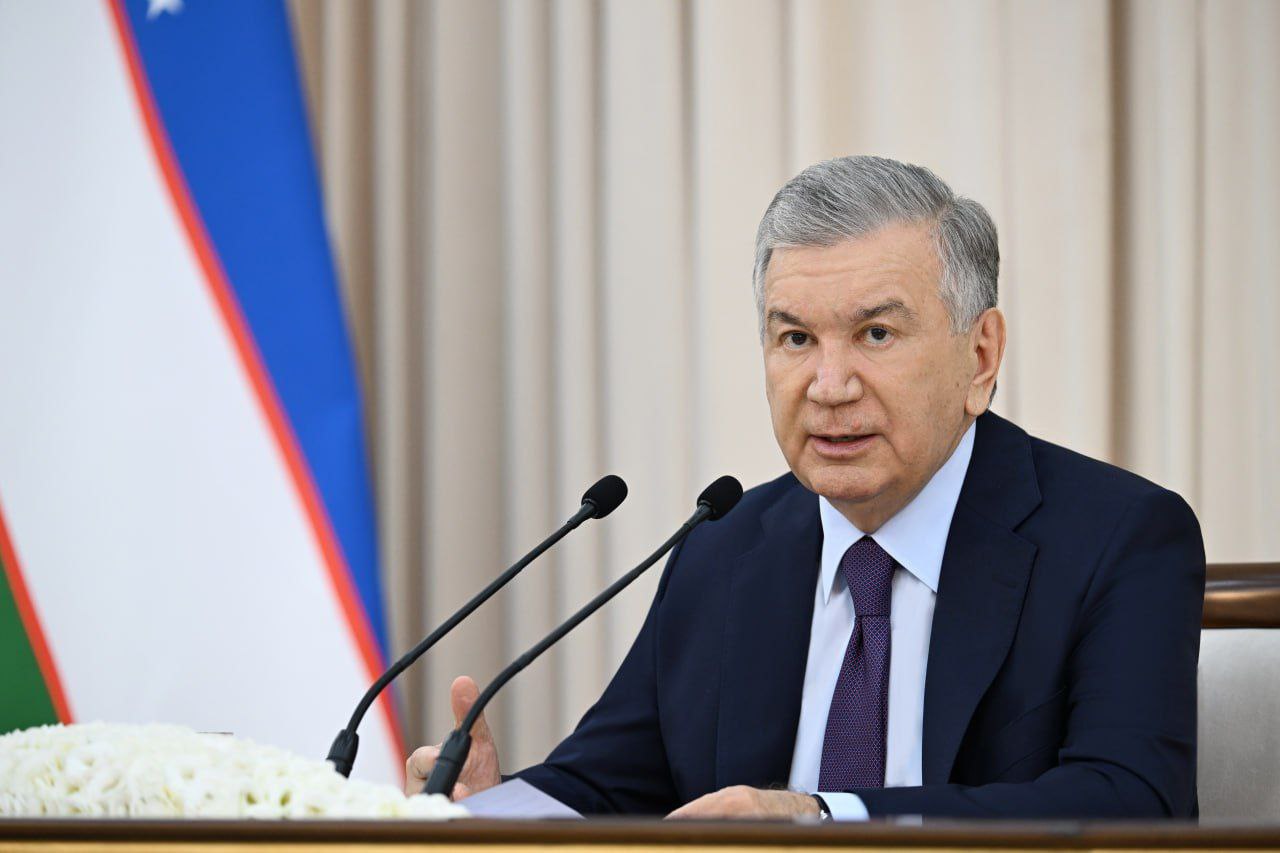

 English (US) ·
English (US) ·  French (CA) ·
French (CA) ·  French (FR) ·
French (FR) ·